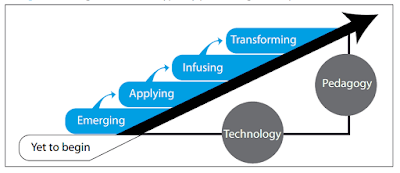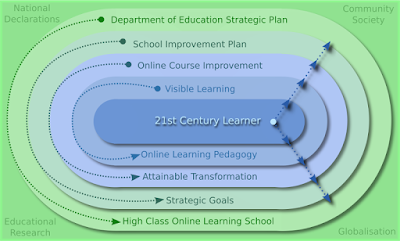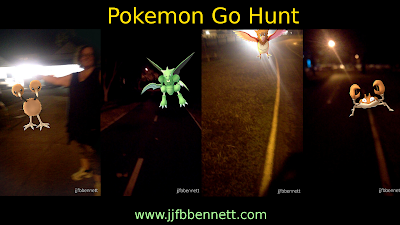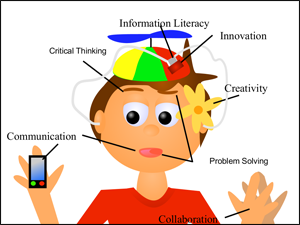The Art of No

The Ayes Have It (But She Don't) Everybody knows the bill is dead Everybody knows the Senate’s red Everybody knows the deal is done The major parties had their fun The crossbench bargains were all just show The whips have cracked, the whistle’s blowed That’s how it goes And Hanson always votes no. Everybody knows the bells are ringing Everybody knows the mud they’re slinging Everybody knows the clerk can’t count With all the grievances they mount Everybody knows that the motion’s lost Everybody knows what the lobby cost The Ayes go high, the chamber’s low And Hanson always votes no. And everybody knows that it’s now or never Everybody knows that it’s gonna take forever Everybody knows that the act is rotten Old amendments best forgotten Everybody knows the tellers move With nothing left for them to prove The red room puts on quite a show But Hanson always votes no. Everybody knows the maiden speech The lessons that she tried to teach About the fish and about the chips And the tig...










